News
-

Since the signing of the declaration of intent of the UN Convention in 2020, Maastricht University works in different ways towards inclusive education. Pamela Habibović, Rector Magnificus, had a conversation with students Carolina, John and Sjoerd, and Disability Officer Sigrid Péters about what progress is made in the last years and what still needs to be improved.
-
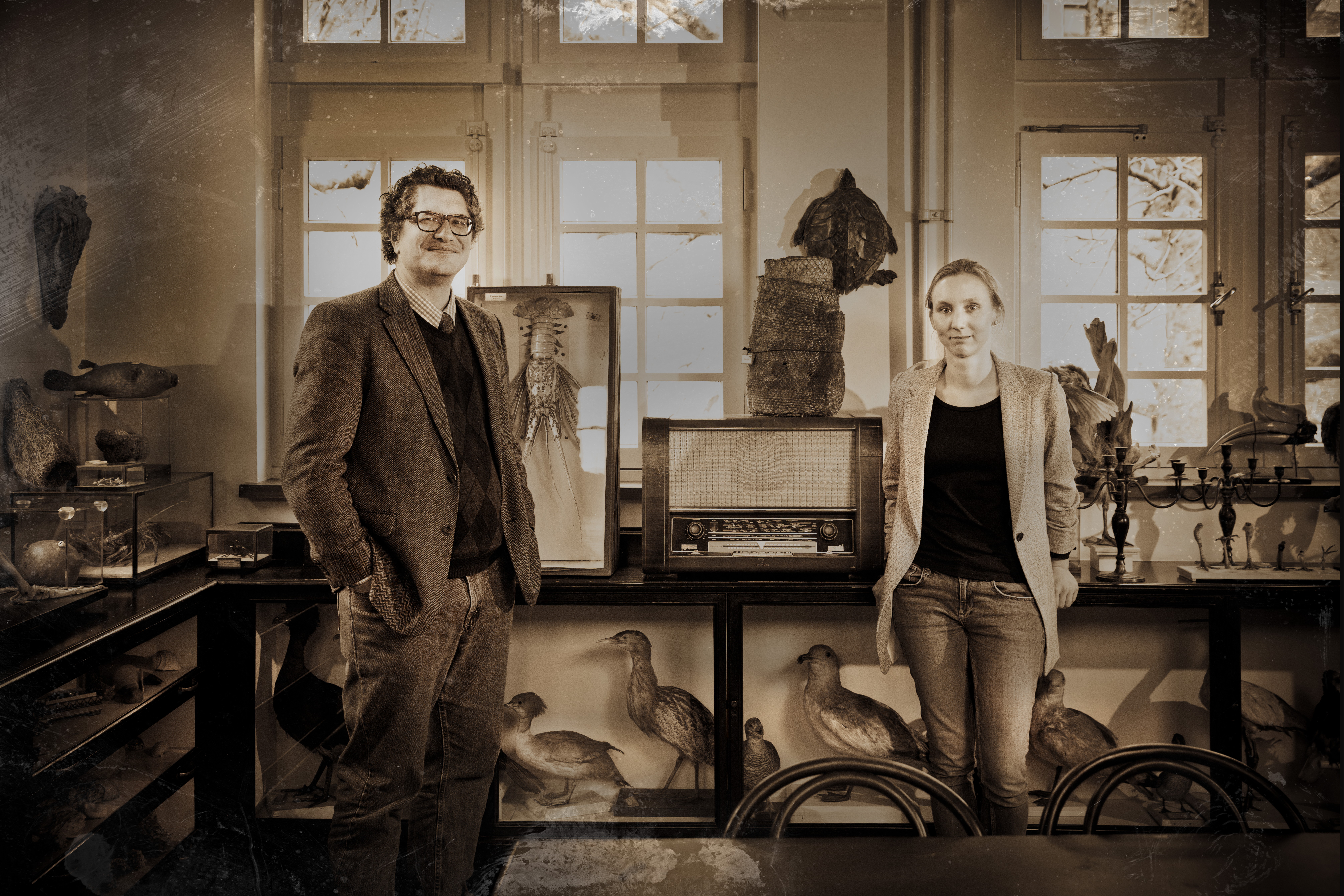
This year, Lea Beiermann earned her PhD from Maastricht University. Her dissertation, A co-operation of observers, examines the role of amateur microscopists in the late 19th century. For her research, she made use of citizen science, similar to the microscopists in her book. One of her supervisors was Cyrus Mody, professor in the History of Science, Technology and Innovation at FASoS. Beiermann explains how she chose the subject of her dissertation and the role her supervisors played.
-

Artificial intelligence (AI) has gradually become more prevalent in our daily lives. We ask Siri about the weather or have Chat GPT type our work emails. But what does it take to make all these AI-driven devices work?
-
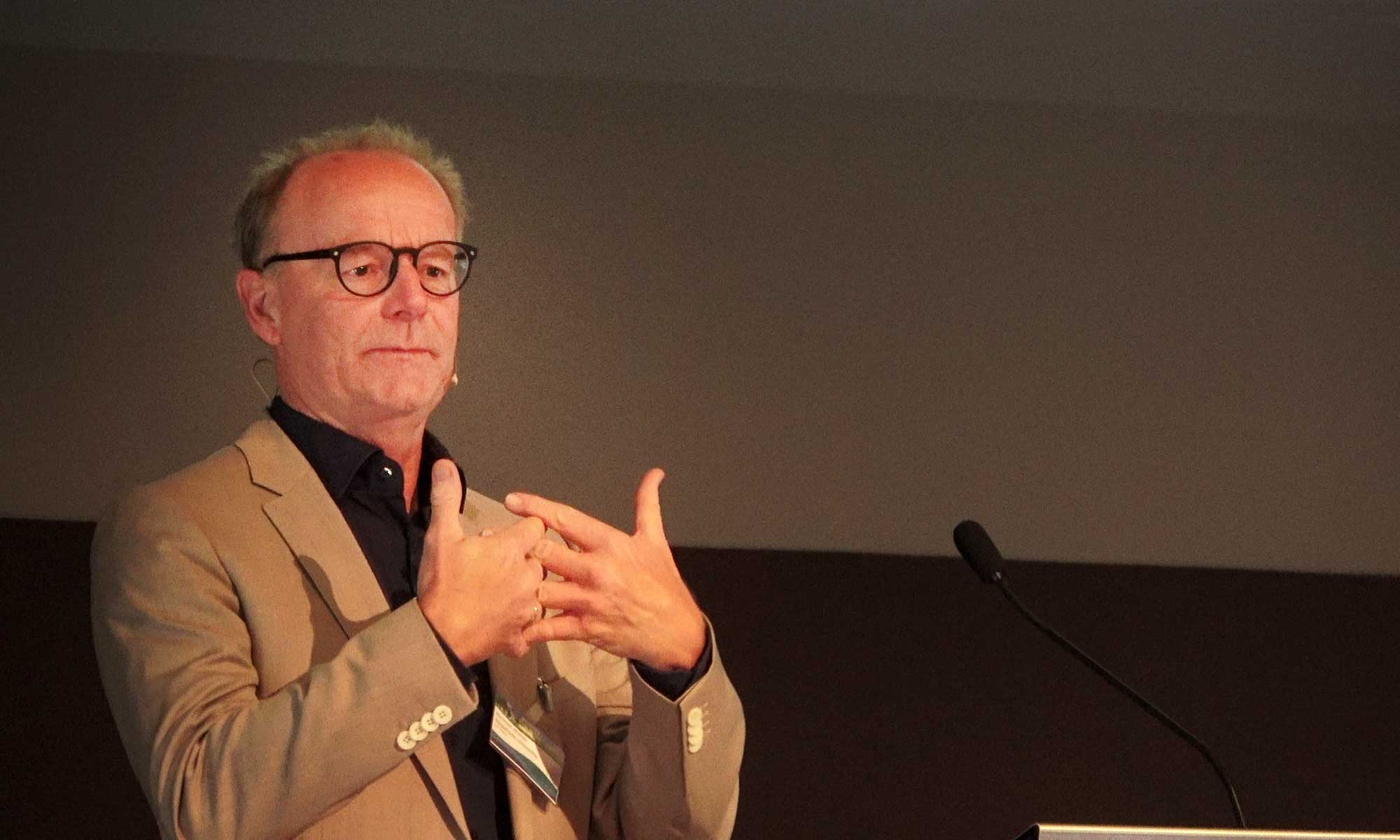
The project "BioBased Circular" has received a grant of €338 million in the third round of the National Growth Fund. The School of Business and Economics is represented in this project by Herman Wories, Programme Director at BISCI.
-
The trailblazing cohort of the Global Studies bachelor programme has graduated. Gaia Gazzara and Vincent Tadday look back on transdisciplinarity, challenging yourself and integrating new perspectives.
-
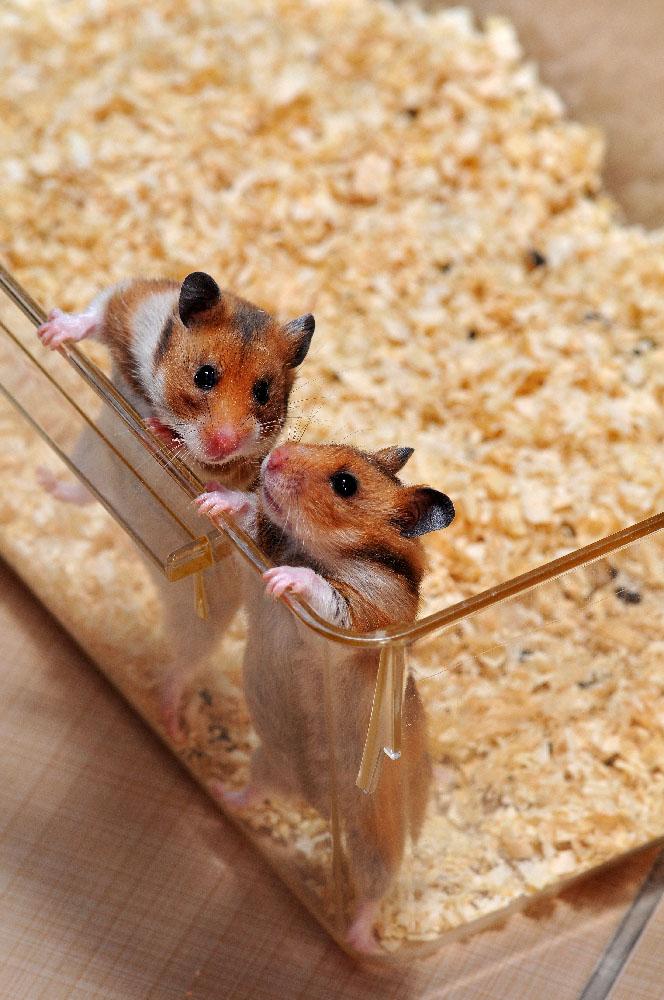
The signatories of the Dutch Transparency Agreement raise awareness on the major consequences of an abrupt ban on all animals for research purposes, as petitioned by the European Commission (EC). They plea for acceleration of the current route to alternative testing, instead of a sudden ban.
-
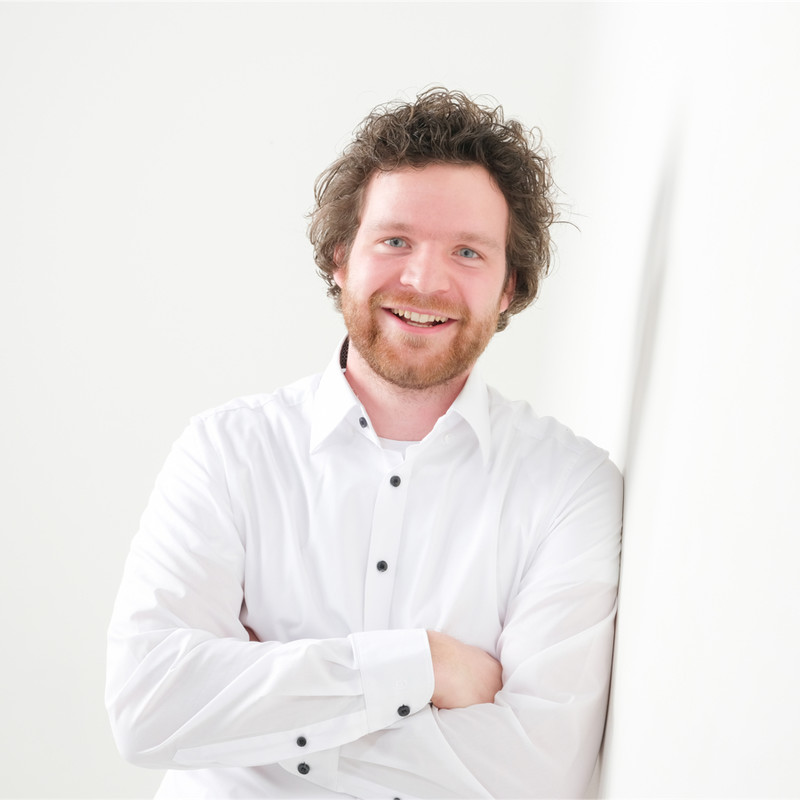
Type I diabetes is an autoimmune disease in which the body's own insulin-producing cells, located in the islets of Langerhans, are destroyed by the body itself. Instead of continuous insulin injections, patients have the option of clinical islet transplantation. This involves placing donor islets in the patient's liver. However, the liver is not an optimal location and donor islets die quickly. This is why Rick de Vries and his colleagues investigated the development of a medical implant that can be placed outside the liver. On Friday, July 14, he will defend his PhD research at Maastricht University.
-

At a time when climate change makes them more essential than ever, qualified workers such as solar-panel installers and insulation specialists are in increasingly short supply. One reason for this imbalance may be that warmer weather affects our choice of job, says Dr Nico Pestel, associate professor at the Maastricht University Research Centre for Education and the Labour Market (ROA). He is currently investigating how heat affects career choices. As the weather becomes more extreme, will we see more people opting for desk jobs?
-

For his project ‘OPER3D: Open Publishing and Peer Review for 3D Scholarship’, Costas Papadopoulos has received funding from the NWO Open Science Fund.
-
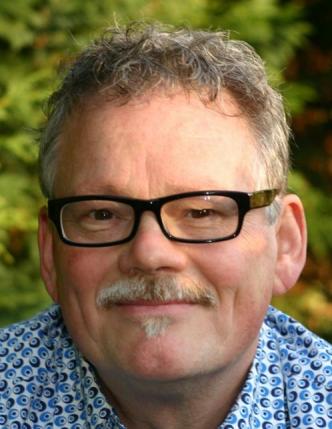
The second plenary session of the Benelux Parliament took place on June 16 and 17 in the Maastricht County Hall. A delegation of parliamentarians from the Netherlands, Belgium and Luxemburg, spoke, among other things, extensively about the topic of cross-border drug crime. ITEM researcher Math Noortmann was invited to further explain the challenges of cooperation in cross-border drug crime from a scientific perspective.